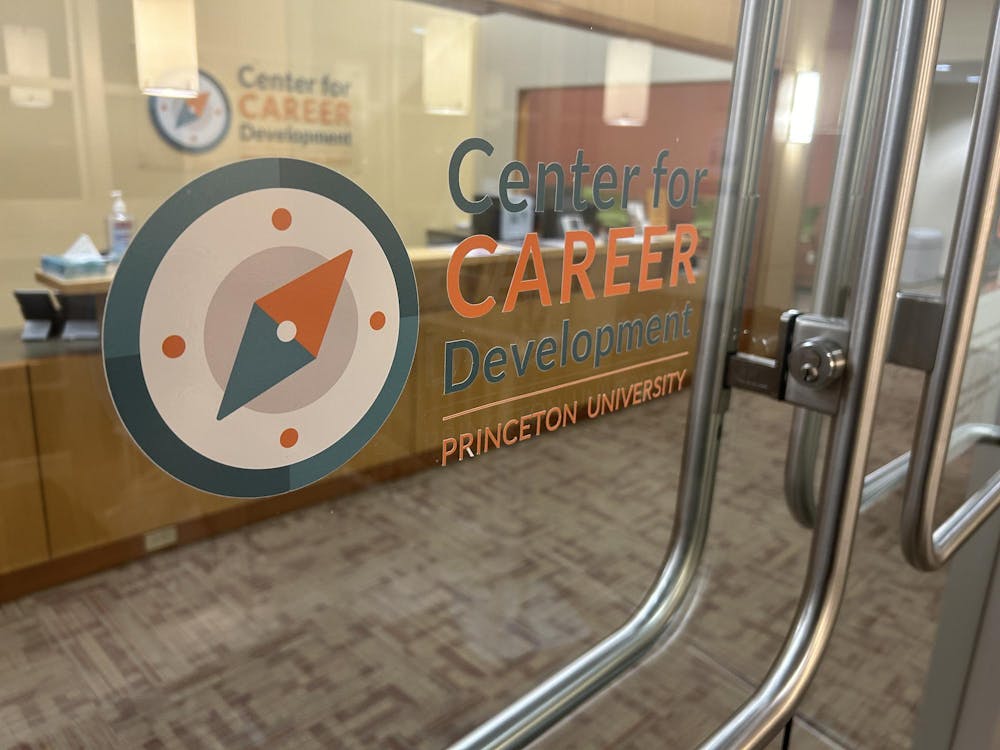Whether it be for college ranking methodology, The Daily Princetonian’s senior survey, or conversations with peers, post-graduate income is a hot topic on the minds of Princeton students. After spending four years, in time and tuition, to earn a degree from one of the most rigorous undergraduate institutions, students want to see their labor pay off financially — and understandably so.
However, conceiving of post-college success merely in terms of maximizing income as quickly as possible leaves us with a flawed conception of what makes a job worthwhile. Many non-monetary factors impact our quality of life, and professions with the highest pay rates may not be suitable for everyone. Accordingly, we as students need to shift our understanding of post-graduate success: instead of just post-graduate income, let’s consider a range of factors, including personal fulfillment and work-life balance.
Students at elite institutions are increasingly focused on landing high-paying jobs after graduation, which can breed the belief that a high income inherently improves quality of life and job satisfaction. But assuming that job satisfaction is solely correlated with income vastly oversimplifies the reality. Data from the latest ‘Prince’ senior survey found that, of those surveyed with jobs lined up after graduation with salaries between $30,000–$59,000, 57.4 percent reported being “Very Satisfied” with their job. But those with jobs lined up paying $90,000–$119,000 and $120,000–$149,000 reported lower levels of satisfaction, at 41.1 percent and 35.3 percent, respectively.
Furthermore, income is clearly not a measure of the value of a particular career. The senior survey reported that the majority of those who had secured employment in education, public service, or public health report an expected income between $30,000–$50,000, a stark contrast with the 25 percent of those in the software engineering industry expecting to make $200,000 over their first year of employment. Does that mean those landing FAANG software engineering jobs are doing more valuable work than those pursuing civil service work? Unfavorably comparing the salary prospects of an English major looking to teach with those of a computer science major seeking employment in software engineering is reductionist because income is just one of many factors that influence career aspirations.
High-salary professions can have their own slate of problems. Finance, one of the most common career paths for Princeton graduates, tends to also provide strikingly high starting salaries, often between $140,000–$190,000. But analysts have spoken out against the extreme hours they are expected to work and the toxic environment of some firms. Some analysts struggle with such unmanageable stress that a mental health crisis ensues, and multiple investment bankers who were working untenable hours have passed away in recent years. Although their salaries are well above average, this doesn’t necessarily correspond to job satisfaction. The satisfaction, or lack thereof, can be and often is just as significant.
Six-figure salaries seem less glamorous if they result in undue harm to one’s physical, emotional, and mental health. By analyzing job outcomes by additional factors, such as personal fulfillment, students might feel more confident in pursuing less lucrative careers that are nevertheless more enjoyable.
It’s important to note that not everyone has the privilege to choose their career for passion alone. For students who feel the need to provide for their families, seeking a high-paying job is logical. But this doesn’t apply to all students — the majority of Princeton students come from higher income backgrounds. Those in a position to choose first jobs for reasons other than their starting salaries should consider other factors.
Personal fulfillment can come in many different forms. Factors such as the quality of the work environment, complexity of the work, and interpersonal treatment from colleagues all contribute significantly to reports of job satisfaction. A study by The Mandarin found that, though nonprofit work does tend to result in lower salaries, employees report an overall high fulfillment and satisfaction within their careers.

Because of the prevalence of the narrative that post-graduation success is determined by income, students without a passion for a certain profession may decide to pursue it solely for monetary gain, which can lead to burn-out and dissatisfaction. Disliking one’s job can lead to a horde of different mental health issues. It can exacerbate difficulties for those already struggling and serve as a risk factor for future mental health conditions. Considering factors such as just how fulfilled one is with their employment, work-life balance, and potential to move into higher positions later on, we can better understand how to make career choices that maximize our happiness — not just our starting salaries.
Davis Hobley is a columnist for the ‘Prince,’ and a member of the Class of 2027 who intends to major in Neuroscience. He hails from Rochester, Mich. and can be reached by email at dh2172[at]princeton.edu or his personal Instagram @davis_20.23.









